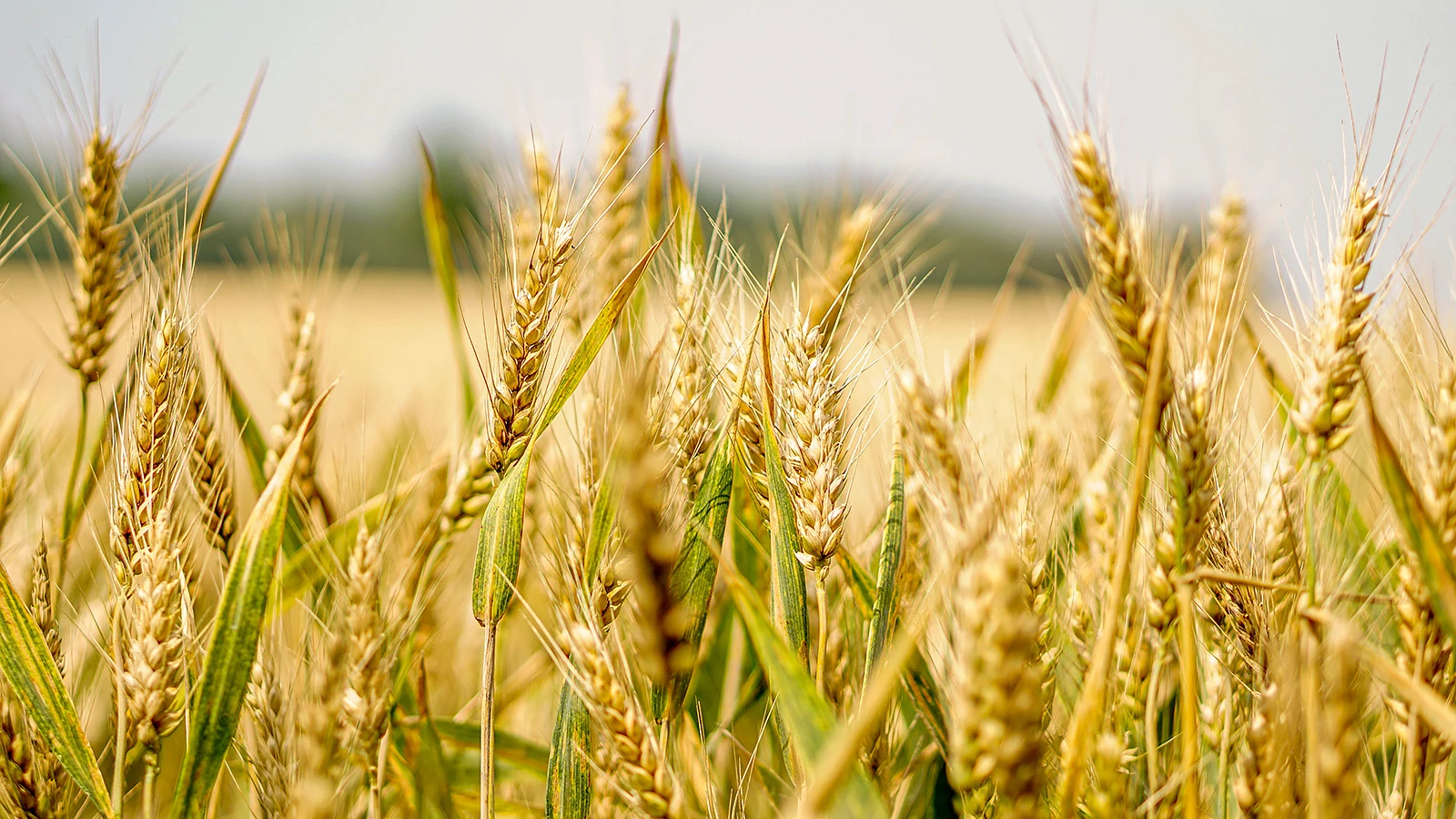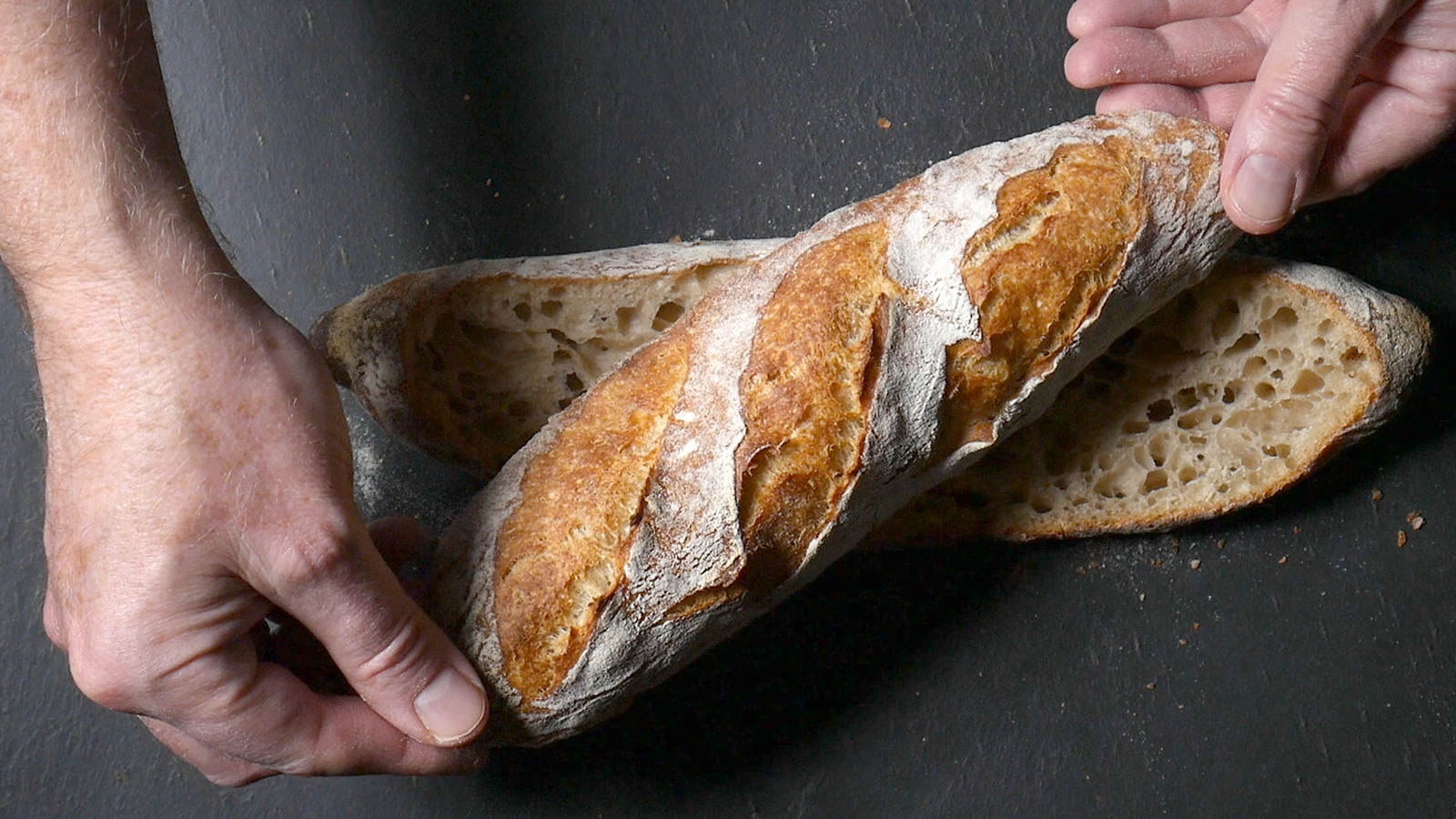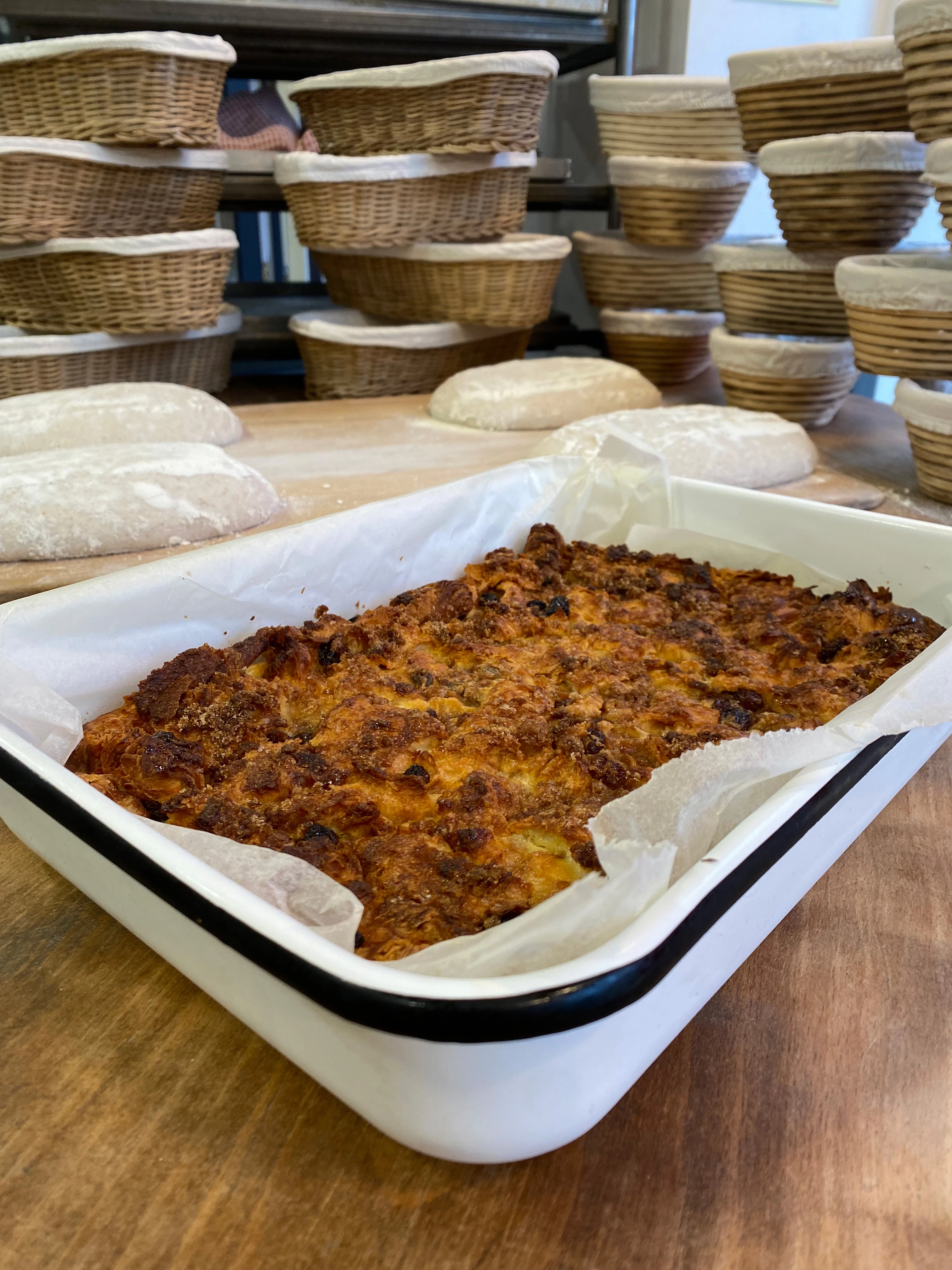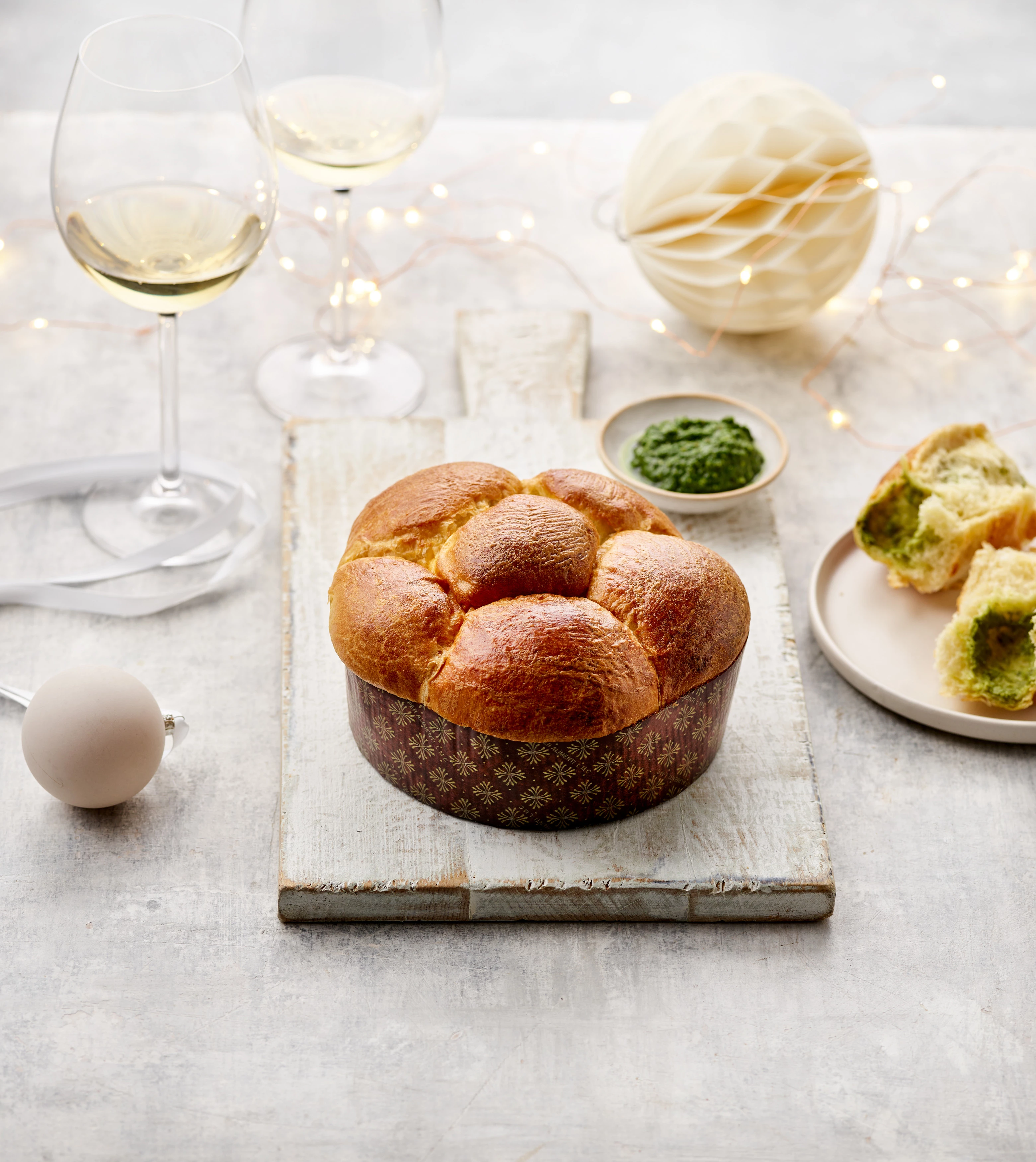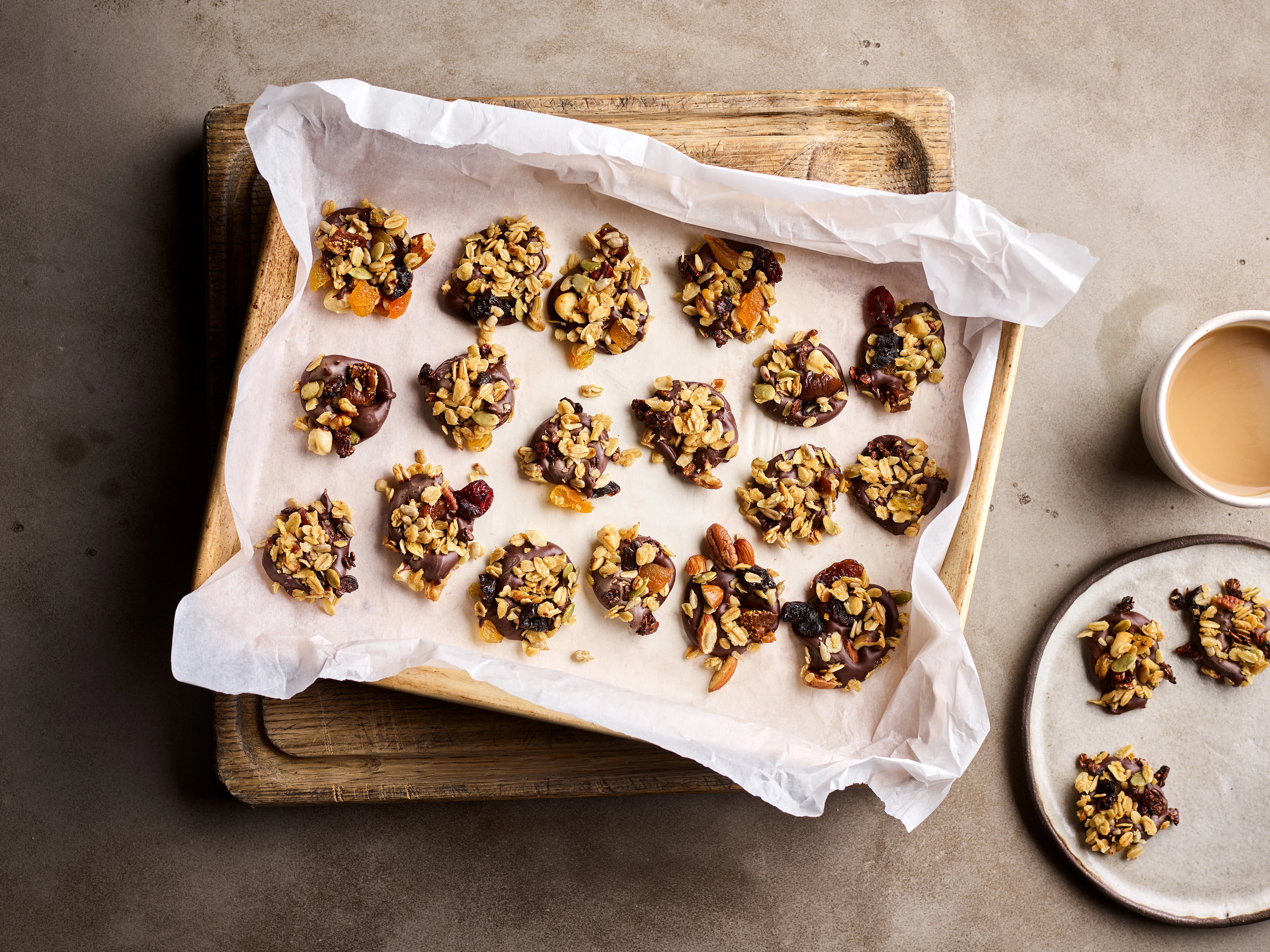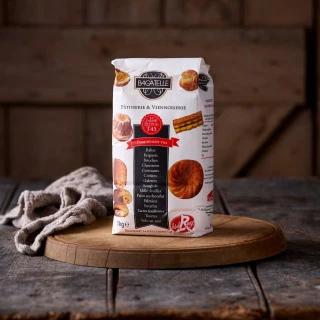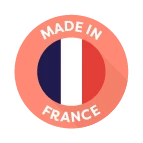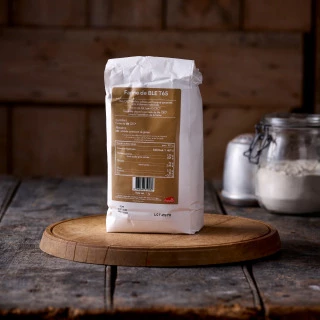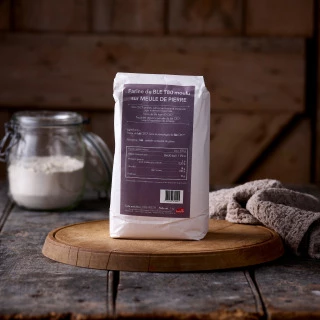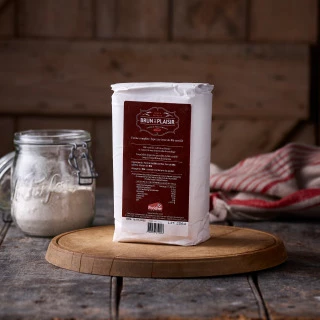It’s common today for millers to tell you about the way grain is grown and the accreditation they have for making the claims they do – such as Soil Association, Organic Farmers & Growers, Red Tractor, for example – as many of us do care about how grain is grown, the pesticides and herbicides used, and how this affects agriculture, the land and biodiversity.
Increasingly, the issue of supporting UK farmers, and reducing reliance on big-agriculture’s grip on farming has become a talking point for bakers and home cooks around the world. There’s not a straightforward answer, perhaps, as we need products – from flour to bread – that we can afford to buy and, for many, buying organic or 100% locally-grown might not seem a viable an option. Big Agriculture has its proponents, and its critics, and sometimes it’s hard to make a choice as a consumer.
In France there are many different types of certifications to reassure or explain the choices the millers have made in selecting grains.
One that appears on our superb Foricher range of flours is the CRC mark, which is a type of environmental certification which attempts to find a middle-ground between organic farming and intensive non-organic industrial agriculture. It prides itself in certifying grains that are 100% French-grown. It aims to encourage farming practices that are favourable to biodiversity, it has a list of chemical farming aids that can or can’t be used. For example, “it excludes the use of glyphosate in open fields…[and] wheat must be stored without insecticide”. And finally, offers a premium to French farmers to support their work.
Other flour certification marks in France include:
Label Rouge: this offers “a guarantee of superior quality. [Only] 114,000 tonnes of flour are produced each year under this label. Five French millers “tradition baguette” premix brands are accredited ‘Label Rouge’”.
Reassurance offered: that the flour is of a superior quality, better than average, meeting strict guidelines for quality.
Agriculture Biologique (AB): is effectively an organic certification and “guarantees products from agriculture without synthetic chemicals. In 2019, French production of certified organic cereals represented 600,000 tonnes harvested from 422,000 ha (1st organic area in Europe). The ambition of the sector is to double the areas of cereals grown organically by 2022.”
Reassurance offered: the grain is grown to organic standards.
Arvalis NF V30-001: a sustainable agriculture certification from the ARVALIS Institut du Végétal and aims to create “production systems that combine economic competitiveness, adaptation to changing markets conditions and environment protection” though scientific innovation. It encourages “good growing and storage practices on cereal farms in France – involving 9,000 farmers and 300,000 hectares – and 30% of bread-making wheat in France” use their recommendations.
Reassurance offered: the grain is 100% French-grown wheat, using varieties that are well-adapted to the soil, and are grown in compliance with environmental issues identified by Arvalis.
Protected Geographical Indication (PGI) and the Protected Designation of Origin (PDO): these link cereal and other ingredients/foods to regions in France. For example they recognise a variety of small-grain Spelt that has long been grown in the Haute-Provence region.

